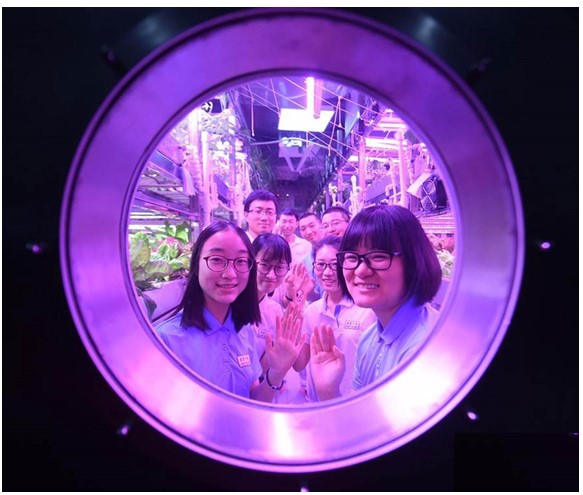Considering the effects of microgravity, hypergravity, high and low temperature, radiation and other complex environments, studies have been conducted on different levels of life (cells, tissues, organs, human bodies, microorganisms, animals and plants) to understand fundamental and engineering problems of mechanics, biology and medicine in aerospace environment, providing theoretical and technical supports for space life support and human injury, protection and rehabilitation. 
We focus on the following directions: the mechanism of microgravity and hypergravity effects on musculoskeletal system biomechanics and mechanobiology; the function variations and valid protections of musculoskeletal system, cardiovascular system, and immune system under special conditions such as post-stall maneuver, high-speed landing and ejection, parachute, and other special conditions; ergonomics in special environment such as aerospace and navigation; the construction of closed regenerative artificial ecosystem based on biotechnologies for space life support, the investigation and development of the theories and technologies of space bioregenerative life support system (BLSS) through combining ground-based integrative manned BLSS experiments and spaceborne experiments; the variation pattern and positive intervention of human emotion, biorhythm and cognitive function as well as interpersonal interaction and conflict in long-term confined monotonous environment; induced conditions on different types of spatial disorientation and its physiological and psychological mechanism; providing novel method of inducing spatial disorientation on the ground using techniques such as vestibular electrical stimulation; establishing predictable model for spatial disorientation based on physiological parameters; proposing novel evaluation of spatial disorientation through objective measurement of eye-tracking, electroencephalography, etc.; developing evaluation standards and training schemes for the defensive ability against spatial disorientation in different tasks.

PUBLICATIONS:
1. WISE-2005: Bed-rest induced changes in bone mineral density in women during 60 days simulated microgravity
2. Effects of Local Vibration on Bone Loss in Tail-Suspended Rats
3. Electroencephalogram assessment of mental fatigue in visual search
4. Gut microbes in correlation with mood: case study in a closed experimental human life support system
5. Galvanic Vestibular Stimulation and the Ability to Maintain Arm-Hand Posture